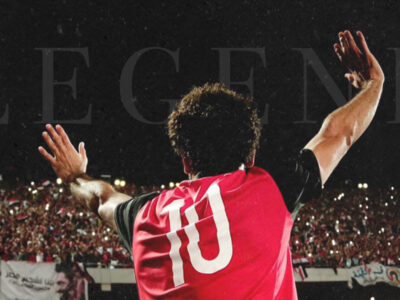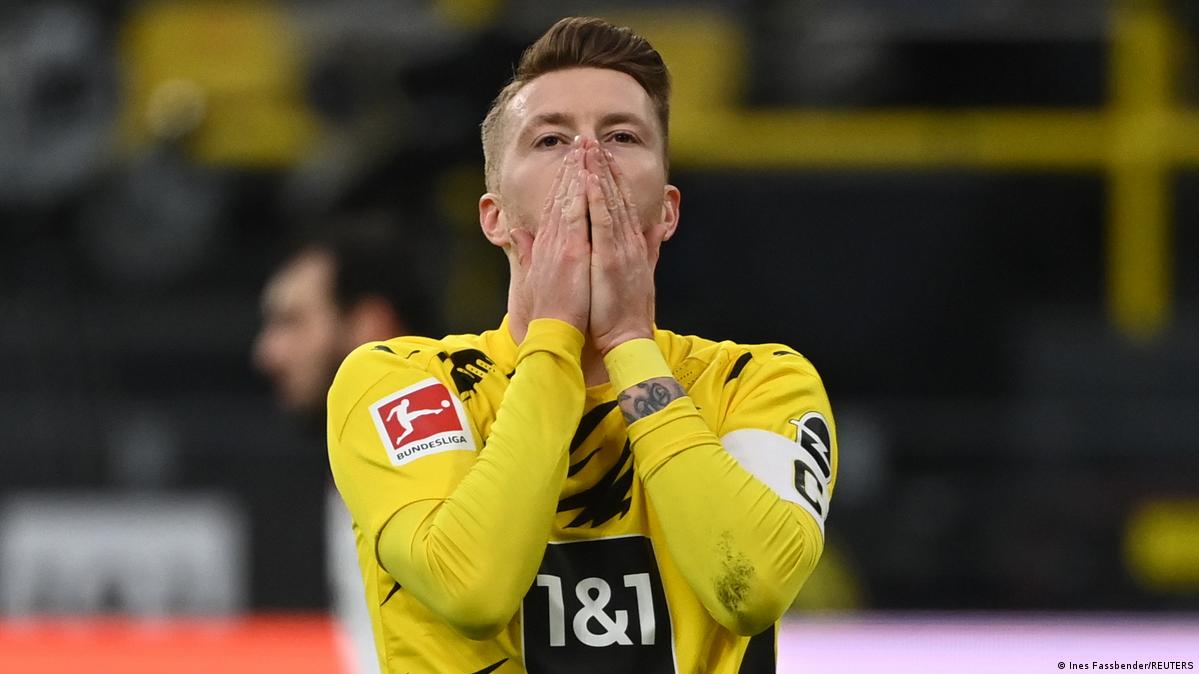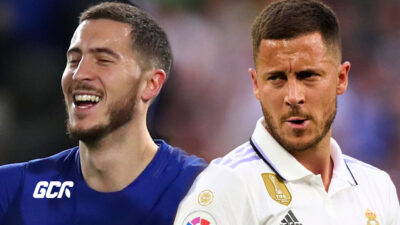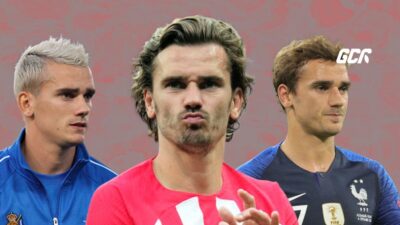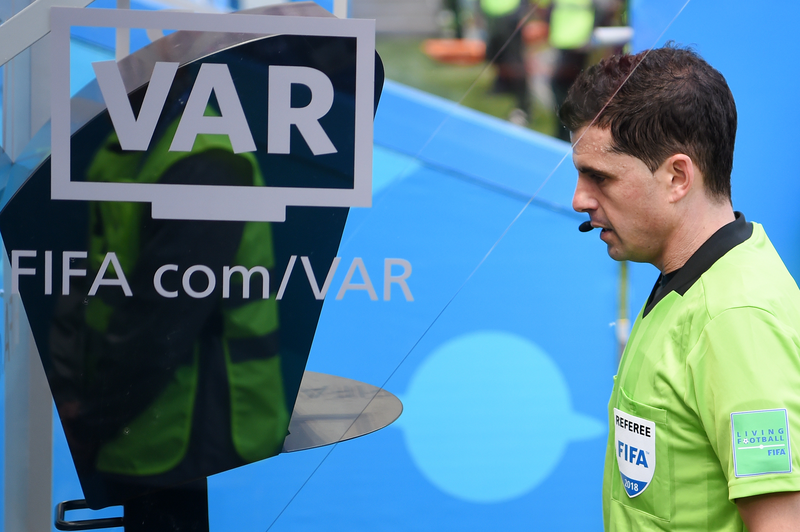Certain players stand out in football history not just for their athleticism but also for their intelligence, vision, and precision on the pitch.
One such player is Toni Kroos, the German midfield maestro whose sublime skills and tactical acumen have earned him widespread acclaim and admiration.
His journey from being a reject in Bavaria to a demigod in Madrid defies the collective imagination of those who followed his brief stint in Leverkusen. This is the story of the German midfield maestro Toni Kroos.
Early playing career
Born on January 4, 1990, in Greifswald, East Germany, Kroos displayed exceptional talent and a deep understanding of the game. He spent his early years honing his skills at the Hansa Rostock youth academy before attracting the attention of Bayern Munich scouts.
Toni Kroos made his debut at 17 in 2007 and opted for an 18-month loan spell at Bayer Leverkusen, where he became a key player. He returned to his parent club with an improved profile in 2010.
🥉 Toni Kroos was third best player at the 2007 U-17 FIFA World Cup.
— Pulse Sports Nigeria (@PulseSportsNG) July 31, 2022
🏆 15 years later, the German went on to win 1 World Cup, 5 UCL titles, 5 Club World Cups & still balling 9/10 performances.
Is he among the top 5 midfielders of all-time? 👀 #RMAJUV #RealJuve #RealMadrid pic.twitter.com/uw36BQpZI8
As a junior, Kroos won the Golden Player award at the 2006 UEFA European U-17 Championship, where he also finished as top goalscorer. He also won the Golden Ball award at the 2007 FIFA U-17 World Cup.
Becoming a Bayern reject
Toni Kroos made his Bundesliga debut for Bayern Munich under Ottmar Hitzfeld as a 17-year-old and subsequently played in 12 league games. He was considered a mercurial talent but deemed unready to handle the rigors of top-flight football.
Training with midfielders such as Bastian Schweinsteiger and Mark Van Bombella helped improve Toni Kroos, but the signing of Tim Borowski from Werder Bremen pushed Kroos down the pecking order.

With decreased game time, Bayern loaned Kroos out to Bayer Leverkusen under the tutelage of Jupp Heynckes, who helped him blossom into a world-class talent.
Kroos ended that campaign with an impressive nine goals and 12 assists, which landed him a place in Germany’s final squad for the 2010 FIFA World Cup in South Africa. He barely featured for Die Mannschaft.
After the World Cup, Toni Kroos returned to Bayern Munich as part of a formidable partnership with Bastian Schweinsteiger. He was also part of that devastating loss to Chelsea at the Allianz arena.
The following season, he played a significant role in helping Bayern land a historic treble. However, he was unavailable for the finals of both the Pokal and the UCL.
The 2013-2014 season was Kroos’s final year in Bavaria. After winning the FIFA Club World Cup, he also contributed to Bayern’s unopposed march to the Meisterschale under Guardiola.
Winning the World Cup for Germany
Toni Kroos was the fulcrum of the German national team at the 2014 World Cup, providing four assists and scoring twice. He provided an assist in the group stage win over Portugal and made the pass for Mats Hummels’s winner in the quarterfinals against France.
“Success is no accident. It is hard work, perseverance, learning, studying, sacrifice, and most of all, love of what you are doing.”
But his pièce de résistance came in the historic semi-final against Brazil. He scored twice and assisted two teammates in the 7-1 humiliation at the Estadio Mineirao. This is still one of the biggest bottlejobs in football history.
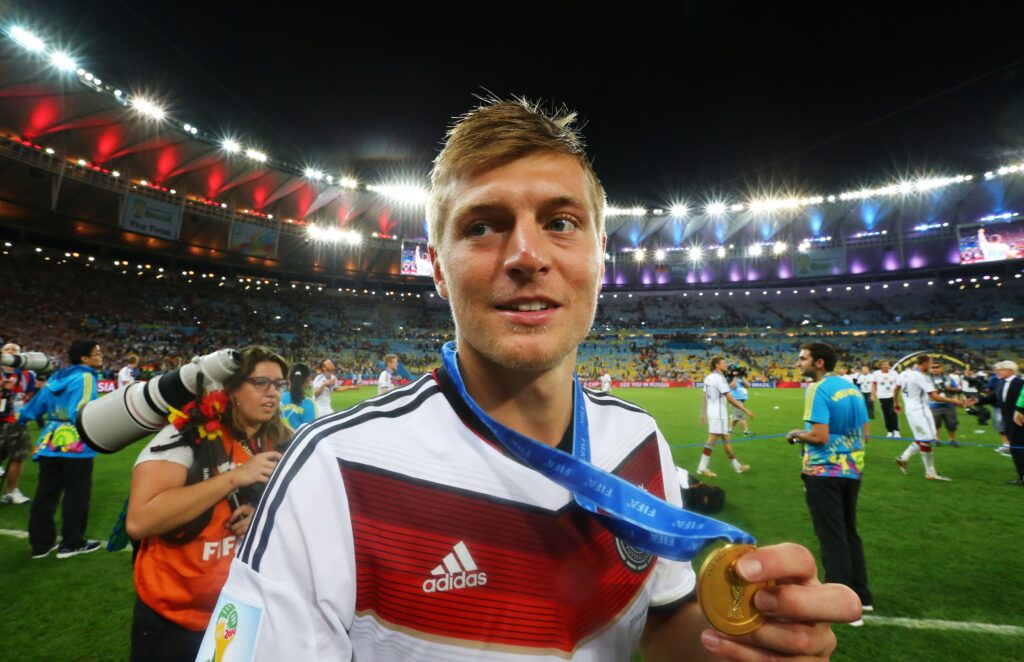
Kroos’ performance in the match and tournament earned him the Portuguese nickname ‘Garcom,’ which means ‘waiter’ for his ability to deliver the ball.
He controversially missed out on the tournament’s Golden Ball award to Lionel Messi.
Becoming a Madrid legend
After world-class performances domestically and internationally, a move away from Bavaria was next for Toni.
Kroos had an agreement in place to sign for Manchester United under David Moyes. However, Louis Van Gaal replaced him at the helm of affairs, effectively nailing the coffin of the prospect of Toni Kroos joining Manchester United. Talk about dodging a bullet.
— Toni Kroos (@ToniKroos) April 1, 2024
Around the time of the 2014 World Cup, the call from Carlo Ancelloti came in. When Don Carlo and Don Perez call your line, you can’t resist the allure. This is Real Madrid heritage.
The midfielder soared to further heights after joining Real Madrid, forming a devastating partnership with Luka Modric and Casemiro.
Kroos’ effortless orchestration in midfield was integral to three consecutive Champions League triumphs. Further La Liga titles followed as he pulled the strings for Los Blancos with graceful authority.
Kroos Control: Excellence in simplicity
Kroos is undoubtedly one of the best midfielders in the world. Spanish publication Marca has dubbed him “a one-man orchestra”. Germany coach Joachim Löw lauded the “symmetry and balance” he brings to a side, and former Real boss Zinedine Zidane called him the “perfect” player.
With his signature nonchalant style and metronomic passing ability, Toni Kroos has long been the heartbeat of every team he’s played for. He dictates the tempo of every game with remarkable patience and precision.
“Winning is great, but it’s more important to enjoy the process and the journey.”
From his breakthrough at Bayern Munich to becoming a pillar of Real Madrid’s dynasty, the German midfielder exemplifies technical brilliance paired with unmatched vision and intelligence.
Casemiro once said, “Toni decides if the Real Madrid team plays at a fast tempo or a slow tempo”. Toni’s calmness and “Kroos control” allows him to deliver flawless passes with minimal fuss.
Kroos has a trademark style of scoring goals. Once he is outside the box, his side-foot finishes are always exquisite. His scoring repertoire is diverse due to his impeccable shooting technique.
One evidence of Toni Kroos’s pristine technical quality is his goal against Sweden in the 2018 World Cup.
With Germany on the brink of elimination, they won a free kick at the edge of the box and up steps Toni Kroos. With his magic wand of a right foot on the signature white boots, he curls in a beautiful goal into the top corner.
Kroos and controversies
Known for his bluntness by a lot of people, the “iceman” has spoken out on a lot of controversial issues. He spoke against Qatar hosting the World Cup due to the country’s terrible human rights record.
Although Kroos was not part of the squad, Germany was among several countries to stage protests against alleged human rights violations in Qatar before their World Cup qualifying matches. But instead of boycotting the tournament, they protested on the pitch.
Obviously, this public protest drew applause and criticism from all corners. Some called Germany’s participation in the competition a hypocritical move—a classic face of sitting on the fence. Others pointed out that Germany has no right to dictate morality to Qatar.

With Germany having an awful tournament, the national team had to face a torrent of accusations that they should have focused more on the game rather than politics.
While this might be valid, I appreciate footballers using their platform to speak about social issues such as LGBTQ rights and domestic violence.
But Kroos’s public advocacy didn’t end with Qatar.
With the high surge of players moving to Saudi Arabia, Kroos decided to speak out against it. In a post about a young talent opting to go to the Saudi Pro League, Toni Kroos replied with “embarrassing”, stating that players now crave financial reward instead of playing for passion.

This didn’t go down well with the Saudi fans when Madrid travelled there for the Supercopa. The fans booed Kroos’s every touch during the game against Atletico Madrid.
That was fun today! Amazing crowd😍
— Toni Kroos (@ToniKroos) January 10, 2024
Of course, the Iceman was unfazed.
What’s next for Toni Kroos?
After Germany crashed out of Euro 2020, Kroos was on the firing line for criticism. Following the backlash, he retired from international football after earning 106 caps for Germany.
“Individual achievements are not important for me, to be honest.”
But after a string of changes to German football, the country was in desperate need of heroes for the home Euros. Here comes Toni to save the day by coming out of retirement and making himself available for friendlies.
I hope he bows out of the international stage as a national hero who brought the Euros back home to Germany. As his final act, I hope he will lift the trophy with 50,000 fans in the Olympiastadion singing “Major Tom.”
As for Madrid, Toni Kroos will go down as a club icon, forming part of a legendary trio alongside Luka Modric and Casemiro. With the current crop of world-class talents coming up in Madrid, safe to say they can learn from the German midfield Maestro.
Who wrote this?
Okpanku has been involved in several disputes that have been brought before the FIFA Tribunal. Additionally, he actively engages in grassroots coaching and strongly advocate for the dynamic nature of football.











